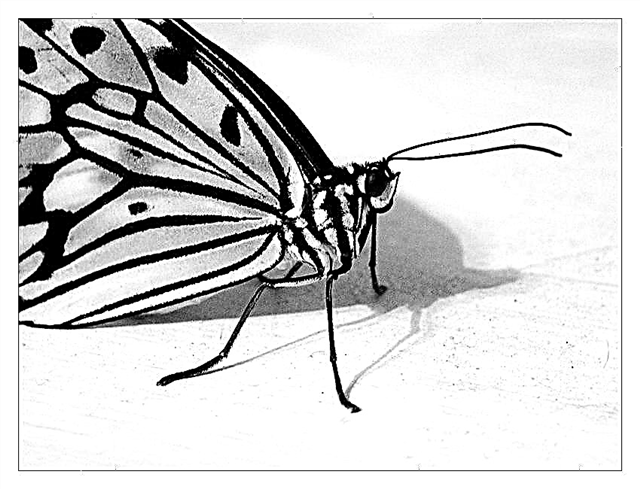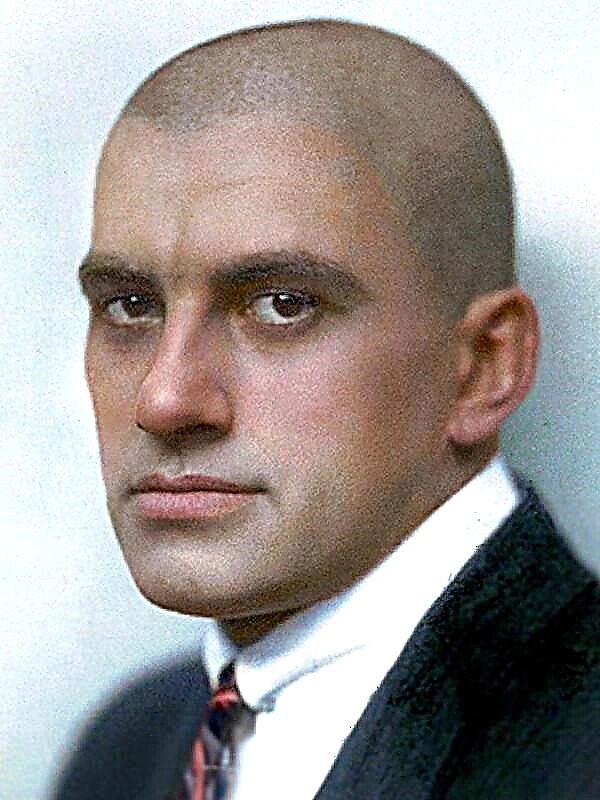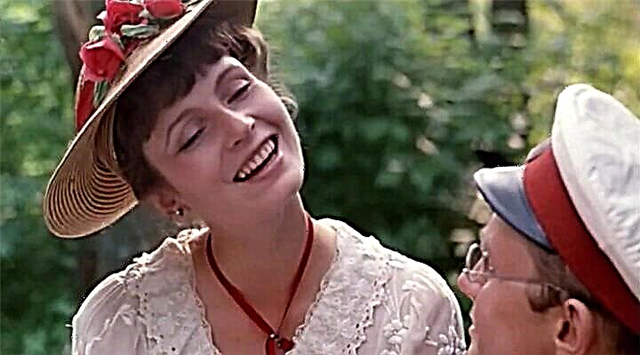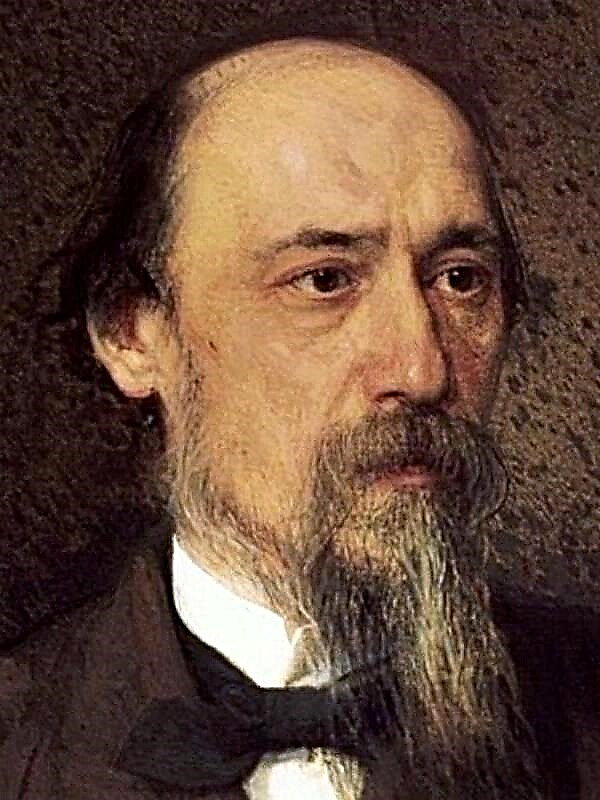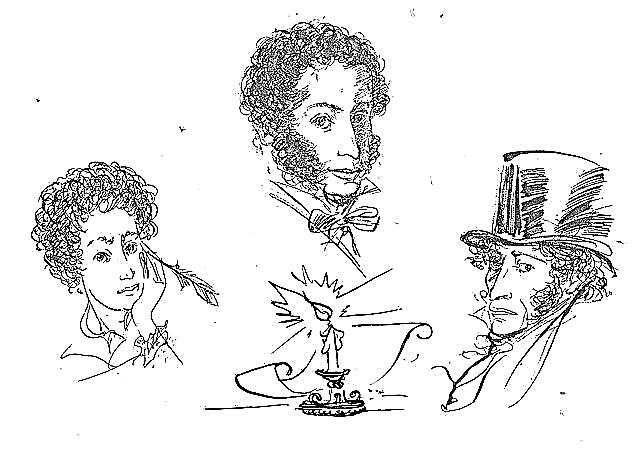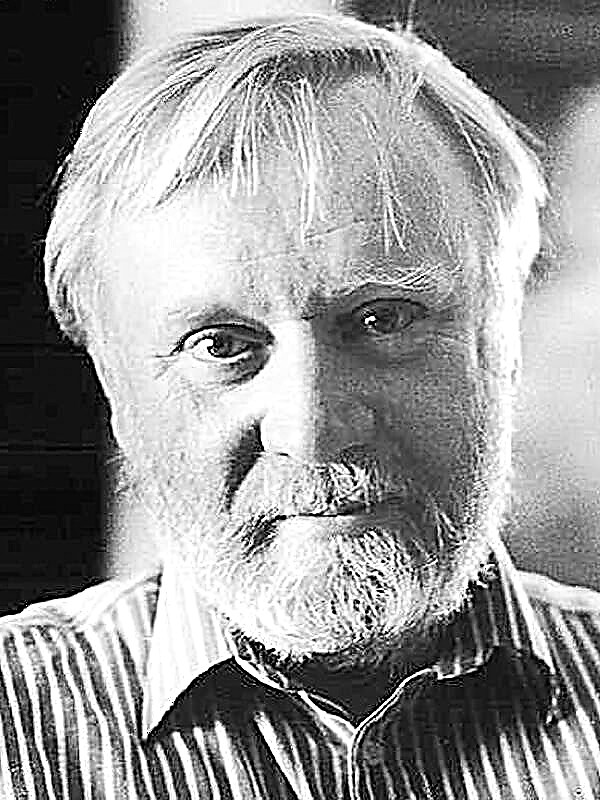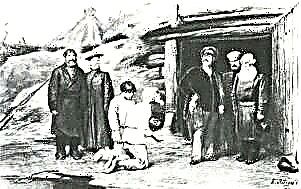June 26, 1864 the crew of the Duncan yacht, owned by Lord Edward Glenarvan, a prominent member of the Thames Royal Yacht Club and a wealthy Scottish landowner, catches a shark in the Irish Sea, in whose stomach he finds a bottle with a note in three languages: English, German and French . The note briefly states that during the collapse of the "British" three were saved - Captain Grant and two sailors, that they had fallen on some land; both latitude and longitude are indicated, but it is impossible to make out what kind of longitude it is - the figure is blurred. The note says that the saved are at the thirty-seventh degree of the eleventh minute of south latitude. Longitude is unknown. Therefore, the search for Captain Grant and his companions must be somewhere on the thirty-seventh parallel. The British Admiralty refuses to equip a rescue expedition, but Lord Glenarvan and his wife decide to do everything possible to find Captain Grant. They meet the children of Harry Grant - sixteen-year-old Mary and twelve-year-old Robert. The yacht is equipped for long-distance sailing, in which the Lord’s wife, Helen Glenarvan, a very kind and courageous young woman, and the children of Captain Grant, wish to take part. Major McNabbs, a man of about fifty, a modest, silent and good-natured, close relative of Glenarvan, also takes part in the expedition; thirty-year-old captain of "Duncan" John Mangles, cousin of Glenarvan, a man of courage, kind and energetic; Assistant Captain Tom Austin, an old trustworthy sailor, and twenty-three crew members, all Scots, as well as their master.
August 25, "Duncan" goes to sea from Glasgow. The next day, it turns out that there is another passenger on board. It turns out to be the secretary of the Paris Geographical Society, Frenchman Jacques Paganel. Due to his absent-mindedness, the day before the departure of the Duncan, having mixed up the ships (for he wanted to sail to India on the Scotland steamboat), he climbed into the cabin and slept there exactly thirty-six hours to better carry the pitching, and did not go on deck until second day of travel. When Paganel learns that he is sailing to South America instead of India, he is first desperate, but then, learning about the purpose of the expedition, he decides to make changes to his plans and sail with everyone.
After crossing the Atlantic Ocean and passing through the Strait of Magellan, Duncan finds himself in the Pacific Ocean and heads to the shores of Patagonia, where, according to some assumptions, the note was first interpreted that way, Captain Grant languishes in captivity among the Indians.
Duncan’s passengers - Lord Glenarvan, Major McNabbs, Paganel, Robert and three sailors - land on the west coast of Patagonia, while Helen Glenarvan and Mary, under the care of John Mangles, remain on a sailboat that should go around the continent and wait for travelers on the east coast, at Cape Corrientes.
Glenarvan and his companions pass through Patagonia, following the thirty-seventh parallel. Incredible adventures take place with them on this journey. Robert disappears during an earthquake in Chile. A few days of searching end in tears - they cannot find a child anywhere. When the small detachment, having lost all hope of finding him, is about to set off, the travelers suddenly see a condor, who in his powerful paws carries Robert and begins to soar with him in the skies. McNabbs already wants to shoot a bird when he is suddenly ahead of someone else's well-aimed shot. A wounded bird, like a parachute, on its mighty wings, lowers Robert to the ground. It turns out that this shot was fired by a native named Talcav. He becomes their guide on the plains of Argentina, and later on as a true friend.
In the pampas, travelers face death from thirst. Talcav, Glenarvan and Robert, whose horses are not very tired, set off in search of water and are ahead of the rest. At the river at night they are attacked by a flock of red wolves. Three travelers face imminent death. Then Robert jumps onto the swift-footed Tauka, Talcava’s horse, and, risking being torn to pieces by wolves, drags the flock from Glenarvan and Talcava. He manages to avoid death. He joins Paganel’s group and in the morning he meets again with Glenarvan and Talcava who he saved.
Soon after, in the lowland, the squad will have to survive the floods due to the spill of the rivers. Travelers manage to climb a sprawling walnut tree, which the brown stream could not pull out of the ground. On it they arrange a halt, even make a fire. At night, a hurricane still pulls out a tree, and on it people manage to swim to land.
Paganel comes up with the idea that initially the note by Captain Grant was misinterpreted and that it was not about Patagonia, but about Australia. He convincingly convinces the others of the correctness of his conclusion, and the travelers decide to return to the ship in order to continue sailing to the shores of Australia. So they do.
They explore, but in vain, two islands lying along the way - Tristan da Cunha and Amsterdam. Then, “Duncan” approaches the Cape Bernoulli, located on the Australian coast. Glenarvan landed on land. A few miles from the coast is the farm of a certain Irishman who welcomes travelers warmly. Lord Glenarvan tells the Irishman what brought him to these lands, and asks if he has any information about the British three-masted ship Britain, which crashed about two years ago somewhere off the western coast of Australia.
The Irish had never heard of a sunken ship, but, to the great surprise of all those present, one of his workers, named Ayrton, intervened in the conversation. He states that if Captain Grant is still alive, he is on Australian soil. His documents and story certify that he served as a boatswain on Britain. Ayrton says he lost sight of the captain when the ship crashed on coastal reefs. Until now, he was convinced that only he survived from the entire team of Britain. True, Ayrton claims that the ship crashed not on the western but on the eastern coast of Australia, and if Captain Grant is still alive, as the note indicates, he is held captive by the natives somewhere on the east coast.
Ayrton speaks with captivating sincerity. It is difficult to doubt his words. In addition, the Irishman, whom he served for, vouches for him. Lord Glenarvan believes Ayrton and, on his advice, decides to cross Australia at the thirty-seventh parallel. Glenarvan, his wife, the children of Captain Grant, a major, geographer, captain Mangles and several sailors, gathered in a small detachment, set off on a journey led by Ayrton. "Duncan", having received some damage in the building, is heading for Melbourne, where it is planned to carry out its repair. The yacht team, led by assistant captain Tom Austin, there should expect orders from Glenarvan.
Women ride in a cart drawn by six bulls, and men ride horses. During the trip, travelers pass by gold mines, admire the Australian flora and fauna. At first, the trip takes place in rather comfortable conditions, in a populated area. However, one of the horses breaks a horseshoe. Ayrton follows the blacksmith, and he sets up new horseshoes with a shamrock - a sign of the Black Point cattle ranch. Soon, a small detachment is already continuing its journey. Travelers are witnessing the results of a crime committed on Camden Bridge. All cars, except the last, crashed into the river due to the fact that the rails were not laid. The last car is robbed, scorched, mutilated corpses are scattered everywhere. The police are inclined to believe that this crime is the work of a gang of runaway convicts led by Ben Joyce.
Ayrton soon leads a detachment into the forest. Travelers are forced to stop indefinitely, because in front of them is a stormy spilled river, which can be wade only when it returns to normal. Meanwhile, due to an incomprehensible disease, all the bulls and horses die, except for the one that was shod with a trefoil. One evening, Major McNabbs sees some people in the shade of the trees. Without saying a word to anyone, he goes on reconnaissance. It turns out that these are convicts; he sneaks up on them and eavesdrops on their conversation, from which it becomes obvious that Ben Joyce and Ayrton are one person, and his gang kept close to him throughout the entire journey of the Glenarvan squad, focusing on the horse’s track with the Black Point horseshoe. Returning to his friends, the major for the time being does not tell them about his discovery. Ayrton persuades Lord Glenarvan to order the "Duncan" from Melbourne to go to the east coast - there the bandits would easily take possession of the yacht. The traitor is almost given the order in the name of the assistant captain, but then the major exposes him and Ayrton has to flee. Before hiding, he wounds Glenarvan in the arm. After some time, travelers decide to send another messenger to Melbourne. Instead of the wounded Glenarvan, Paganel writes the order. One of the sailors goes on a journey. However, Ben Joyce seriously injures the sailor, takes his letter from him and goes to Melbourne himself. His gang crosses the river over the bridge, which turned out to be nearby, and then burns it so that Glenarvan could not use it. The detachment waits for the level of the river to drop, then it builds a raft and crosses the calm river on the raft. Having reached the coast, Glenarvan realizes that the Ben Joyce gang has already taken possession of the “Duncan” and, having interrupted the team, went on it in an unknown direction. Everyone comes to the conclusion that it is necessary to stop the search, because there is nothing to do it anymore, and return to Europe. However, it turns out that the ship leaving for Europe may have to wait a very long time. Then the travelers decide to swim to Auckland, which is in New Zealand: from there flights to Europe are regular. In the fragile little ship with the forever drunk captain and sailors, having survived the storm during which the ship is stranded, Glenarvan with friends nevertheless reaches the shores of New Zealand.
There they are captured by natives-cannibals who are going to kill them. However, thanks to Robert's resourcefulness, they manage to escape from captivity. After a few days of travel, they reach the east coast of New Zealand and see a cake near the coast, and a little further on - a group of natives. Travelers sit in the pie, but the natives in several boats pursue them. Travelers in despair. After what they had to survive in captivity, they prefer to die, but not give up. Suddenly, in the distance, Glenarvan sees the Duncan with his own crew on board, which helps him break away from his pursuers. Travelers wonder why the Duncan is off the east coast of New Zealand. Tom Austin shows an order written by the hand of a scattered Paganel who, instead of writing "Australia," wrote "New Zealand." Due to Paganel’s mistake, Ayrton’s plans collapsed. He decided to rebel. He was locked up. Now Ayrton, against her will, is sailing on the Duncan along with those whom he wanted to deceive.
Glenarvan is trying to convince Ayrton to give true information about the death of Britain. The repeated pleas and perseverance of Lady Glenarvan do their job. Ayrton agrees to tell everything that he knows, and in exchange for it asks that he be dropped off on some uninhabited island in the Pacific Ocean. Glenarvan accepts his offer. It turns out that Ayrton left the "Britain" before the crash. He was landed by Harry Grant in Australia for attempting to rebel. Ayrton’s story does not shed light on the whereabouts of Captain Grant. However, Glenarvan keeps his word. The "Duncan" floats further and further, the island of Tabor appears in the distance. On it, and decided to leave Ayrton. However, on this piece of land, lying on the thirty-seventh parallel, a miracle happens: it turns out that it was here that Captain Grant and two of his sailors found shelter. Instead, Ayrton remains on the island to be able to repent and atone for his crimes. Glenarvan promises that someday he will return.
And Duncan is safely returning to Scotland. Mary Grant soon became engaged to John Mangles, with whom a tender feeling connected her during their journey together. Paganel marries the cousin of the major. Robert, like his father, becomes a brave sailor.

 How to be interesting
How to be interesting
